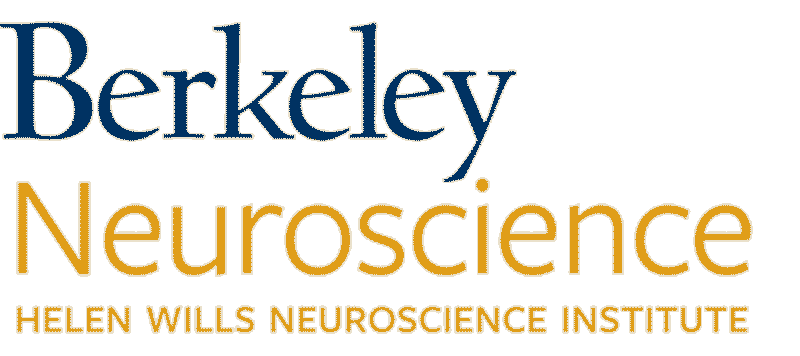Nat Biotechnol. 2020 Jul;38(7):845-855. doi: 10.1038/s41587-020-0565-5. Epub 2020 Jun 29.
ABSTRACT
Genome editing has the potential to treat an extensive range of incurable monogenic and complex diseases. In particular, advances in sequence-specific nuclease technologies have dramatically accelerated the development of therapeutic genome editing strategies that are based on either the knockout of disease-causing genes or the repair of endogenous mutated genes. These technologies are progressing into human clinical trials. However, challenges remain before the therapeutic potential of genome editing can be fully realized. Delivery technologies that have serendipitously been developed over the past couple decades in the protein and nucleic acid delivery fields have been crucial to genome editing success to date, including adeno-associated viral and lentiviral vectors for gene therapy and lipid nanoparticle and other non-viral vectors for nucleic acid and protein delivery. However, the efficiency and tissue targeting capabilities of these vehicles must be further improved. In addition, the genome editing enzymes themselves need to be optimized, and challenges regarding their editing efficiency, specificity and immunogenicity must be addressed. Emerging protein engineering and synthetic chemistry approaches can offer solutions and enable the development of safe and efficacious clinical genome editing.
PMID:32601435 | DOI:10.1038/s41587-020-0565-5


